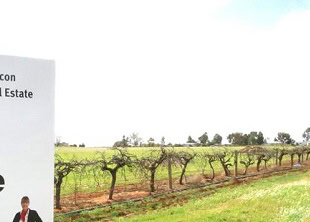In Hill v Newth [2014] NSWSC 298, the New South Wales Supreme Court upheld the principle that a contract for the sale of land can be formed if the communications of the parties, as objectively ascertained, reveal an intention to enter into legal relations, even without a formal Contract for Sale. However, although such an agreement may be possible in theory, the practical difficulties of proving that such an agreement exists are significant.
In this case, there was a chain of communication between the parties negotiating the terms of the purported agreement. Often, the language of offer and acceptance was used. However, when objectively ascertained, the correspondence indicated that the negotiations had not yet ended, and that the parties didn’t intend to create a binding legal agreement until the exchange of contracts. The court also affirmed the principles mentioned below.
The usual method of selling real estate in NSW and the objective test
The usual method of selling and buying real estate in NSW is the exchange of Contracts for Sale which have been drawn up in the form approved by the Law Society of NSW and the Real Estate Institute of New South Wales.
Judicial recognition of the popularity of this method in NSW has caused courts to readily draw the inference that parties who purported to enter into informal agreements for the sale of land did not intend for it to be binding where they have not adhered to the usual method of buying and selling land in NSW (Allen v Carbone (1975) 132 CLR 528). Almost a decade after the decision in Allen v Carbone, McHugh JA in GR Securities Pty Ltd v Baulkham Hills Private Hospital Pty Ltd (1986) 40 NSWLR 631, gave effect to the presumption that no binding contract existed where parties have not exchanged contracts, even where have agreed in writing to a specific price. The presumption is rebuttable where the parties can show from their conduct and surrounding circumstances, an objective intention to enter into binding legal relations.
From a policy-based perspective, the standard form contract for sale in NSW contains certain protections for both the buyer and seller. The courts are often uneasy about providing parties with a means of bypassing such protections and replacing them with the terms of a potentially unfair informal agreement as defined by the parties (Lezabar Pty Ltd v Hogan (1989) NSW ConvR 55-468).
Conclusion
Where contracts have not been exchanged, and the parties have purported to enter into an informal agreement for the sale of land, the courts will be reluctant to infer to the parties an objective intention to enter into binding legal relations.
